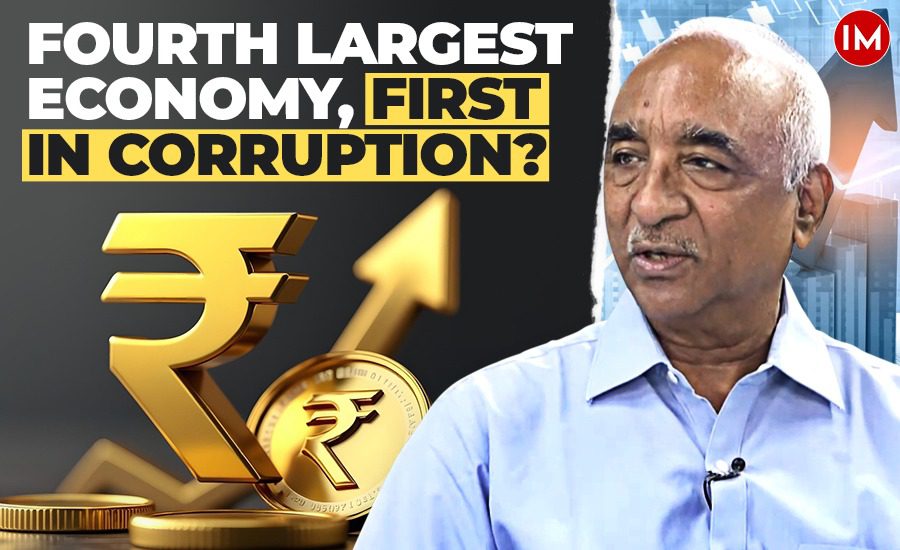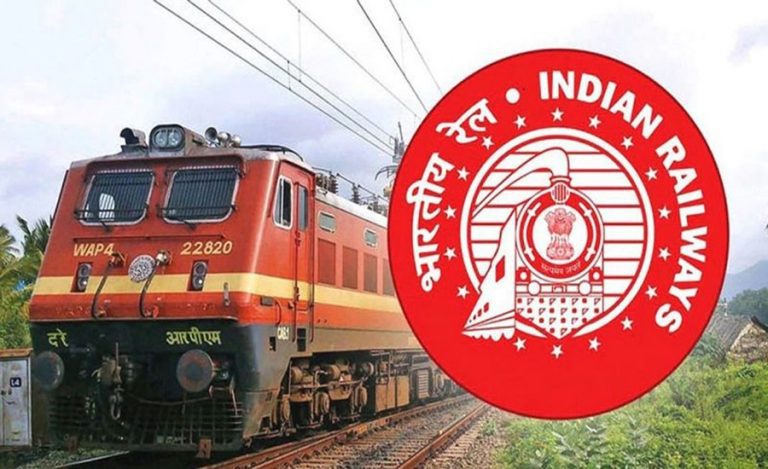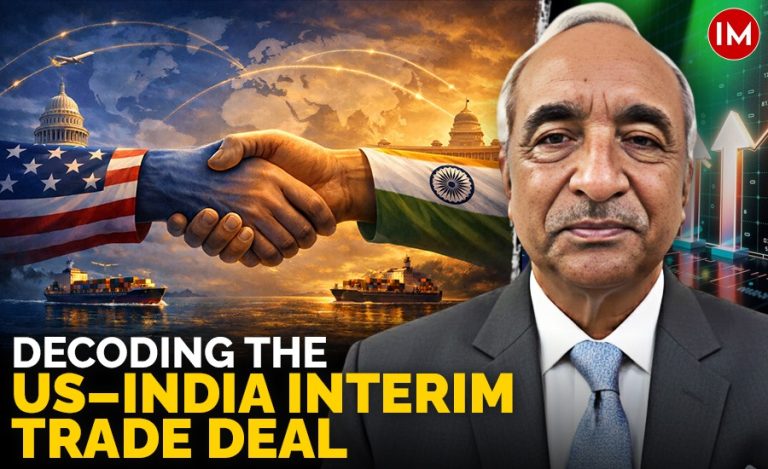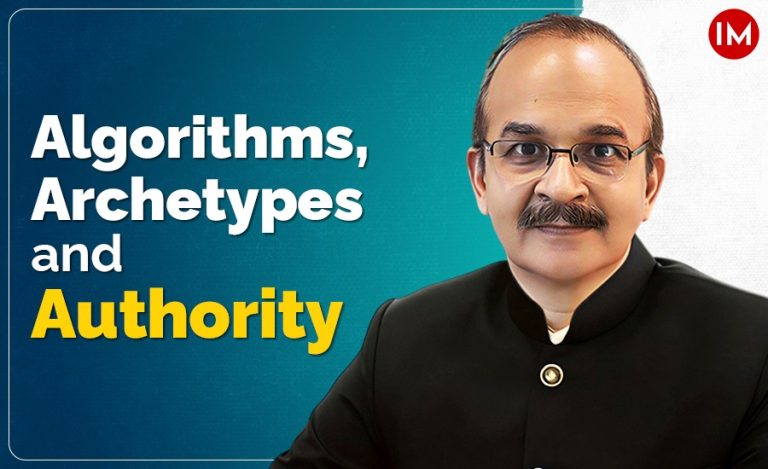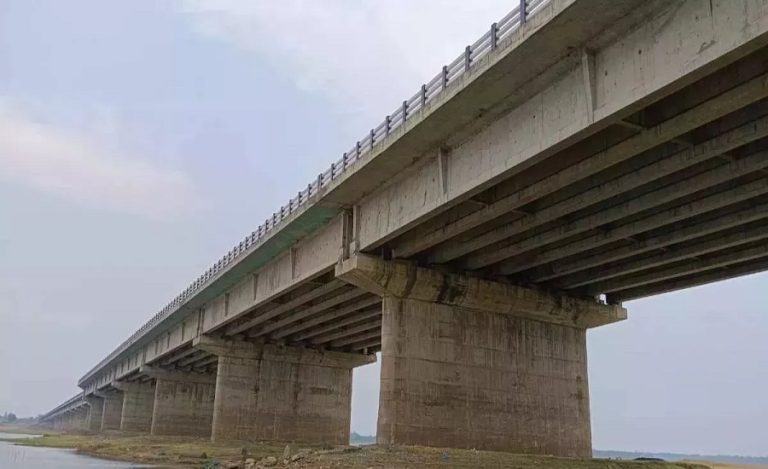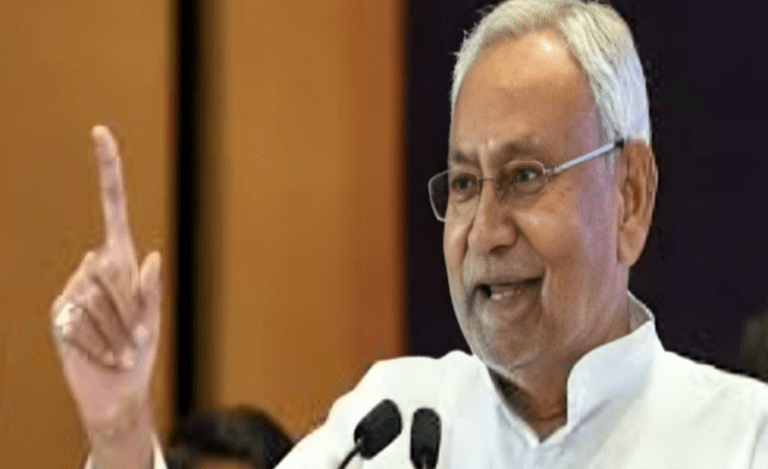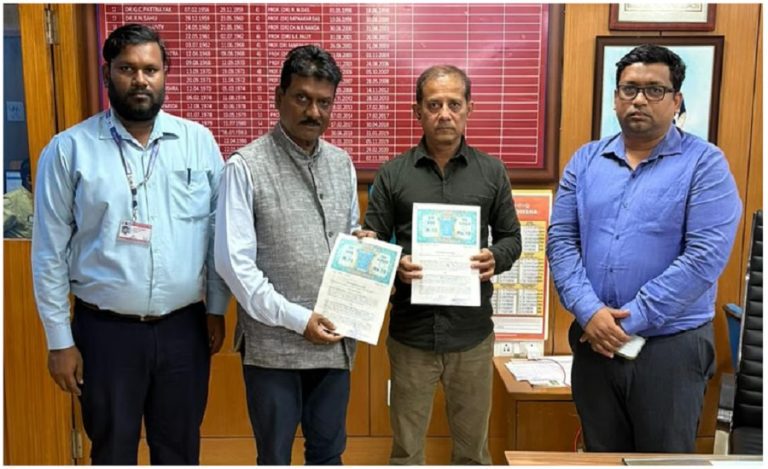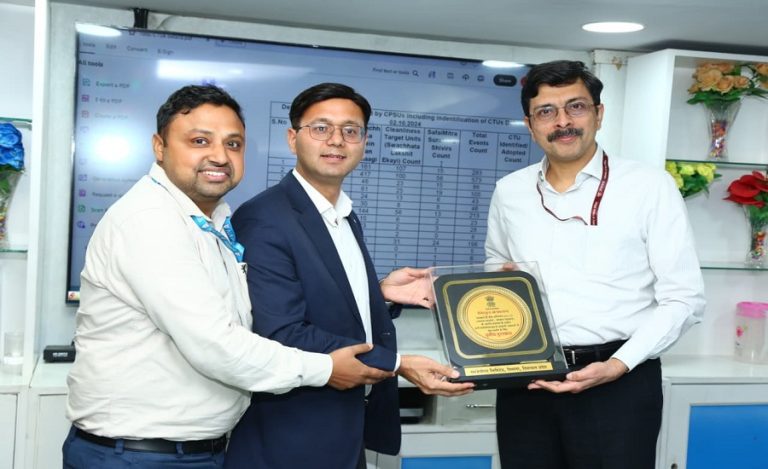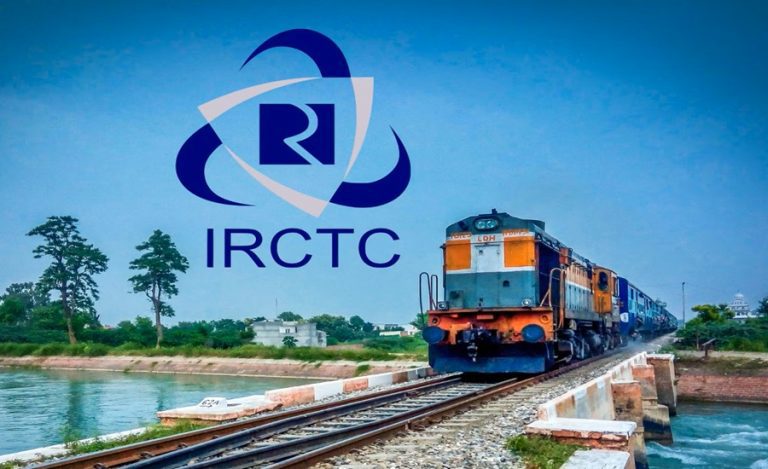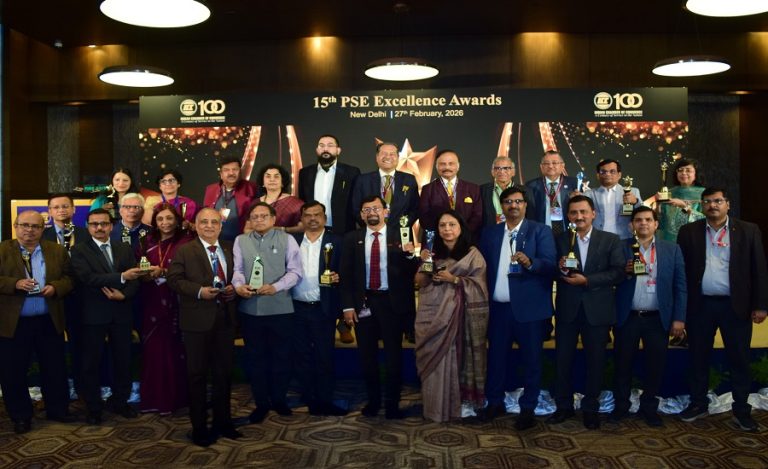Our country is now the fourth-largest economy in the world. This is a well-documented fact that for thousands of years our country was one of the richest countries on this planet, so reaching the fourth ladder should not come as a surprise to anyone. Many prominent scholars and economists had long predicted that India is very well placed to take a leap forward to become an economic superpower in the near future. The country has all the ingredients to attain its goal of zero poverty and professed social, economic, and political equality as enshrined in our constitution. It is widely accepted across the globe that we as a country have not succeeded so far in attaining our potential and matching our achievements of the past several millennia.
To do so, the country has to tackle some of the biggest problems that it faces today, namely corruption, unemployment, grave inequality, and crumbling education and health services, to name a few.
Despite tall claims made by successive governments of “zero tolerance to corruption,” our country is known for its widespread corruption across the sectors, thanks to the thoroughly corrupt political and bureaucratic setup. None of the governments, in the states or at the center, ever tried sincerely to tackle the issue head-on for reasons best known to them. There is a widespread feeling amongst those who had the occasion to serve in top positions in central government and states that never ever any of the political executives at the helm of affairs showed any inclination to even discuss the issue, let alone talk about eradicating corruption.
With the malaise of corruption eating into the vitals of our society and system at the very top, the disease is now well entrenched from top to bottom, and hapless people have nowhere to go to get justice. With the crumbling of the political and bureaucratic system, all other organs of our system, like the judiciary, media, etc., also caved in. The results are all before us to see and feel frustrated. The problem of overarching corruption needs to be tackled first and foremost at any cost to enable India to march forward. Unfortunately, corruption is the mother of all problems and has to be addressed first.
Sadly, India is today one of the most inequitable countries on the planet. The ever-increasing gap between the haves and have-nots has reached such alarming levels that it is now ready to destabilize our society with serious consequences. Many other countries are also witnessing an increasing gap between rich and poor, but here the problem is acquiring a serious proposition, with a handful of people having acquired more wealth than the bottom fifty percent of the population put together. This is certainly the result of neoliberal economic policies adopted by successive governments over the past several decades. These neoliberal economic policies had promised rapid economic growth and had professed that the “trickle-down” effect would lift everyone out of poverty and provide enough for everyone to live a decent and dignified life. That did not happen despite the tall claims of the neoliberal economic agenda. Instead, it allowed unbridled accumulation of wealth in a few hands at the cost of our deprived millions of countrymen and women. It is the result of this lopsided economic system that today more than ninety percent of our health care system is in private hands, well beyond the reach of more than eighty crore brethren. The state health sector, which was to cater to the poor and deprived sections of our population, was the biggest casualty, with terrible consequences for the have-nots.
The same is the story of our education sector, which has become a big-time money spinner for the greedy deep pockets who are now well entrenched and will be difficult to dislodge. It has not been suggested that the private sector should not be allowed in these crucial sectors; the suggestion is that governments have to spend more to ensure that publicly funded hospitals and school-colleges provide top-quality health and education services for those who don’t have deep pockets and lack adequate resources to consume privately provided health and education services.
The problem of unemployment is the direct consequence of the economic policies implemented at present by governments as they are single-mindedly pushing for more and more profits, keeping in mind only the interests of a few shareholders at the cost of more than a hundred crore individuals who have no resources but only their “one vote.”
The moot question is why any country adopts democracy. The answer is that humanity has so far come up with democracy as the best form of government, giving voice to every citizen and allowing him or her to participate in the government formation to take care of his or her welfare. Should a democratically elected government bother about a few rich citizens with tons of wealth or bother about the interests of more than a hundred crore common citizens’ welfare? The answer to this question should drive the policy alternatives, not otherwise. The published databases present a picture that is totally contrary to the arguments given in support of current economic policies and prescriptions, like reducing corporate and income taxes to encourage investments. Certainly, the accumulation of tons of wealth in the hands of a few does not increase consumption levels, but enhanced income in the hands of common people does push the growth northward.
India has a young population with more than forty crore people in the working-age group waiting eagerly to become part of the country’s growth story, but sadly, the situation is not at all looking rosy for them. With crores and crores of young people ready to contribute to the growth story of our country, it is sad and disappointing that we are still in competition with countries like Germany, Japan, Britain, etc., with populations one-twentieth of ours. Waiting for the private sector to provide jobs for crores is a futile exercise, as futile as believing that the trickle-down effect will remove poverty. Even after seventy-seven years of independence, we are almost at the bottom of the list of poor countries with the least per capita income.
The prevailing situation needs to be altered at the earliest, and a beginning has to be made with an overhaul of our current economic policy paradigm. Gone are the days of policies pursued by Reagan and Thatcher. The government must reconsider its neoliberal economic policy framework. Better late than.
Mr. Vijay Shankar Pandey is a retired IAS officer of the 1979 batch. He served the country as Additional Cabinet Secretary to the Uttar Pradesh Government and has also been posted as the Secretary, Chemicals and Fertilizers, in the Government of India.

